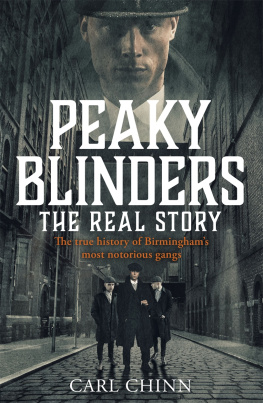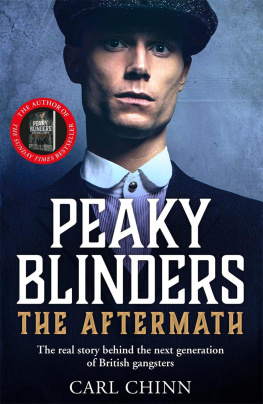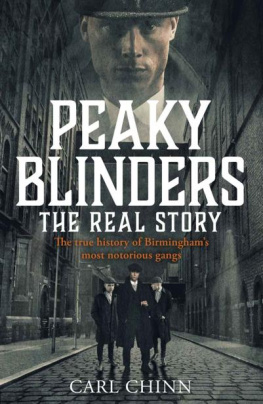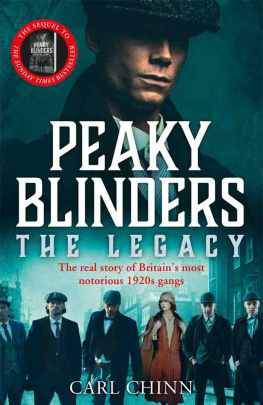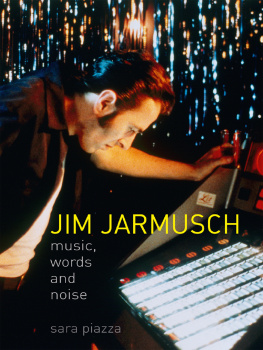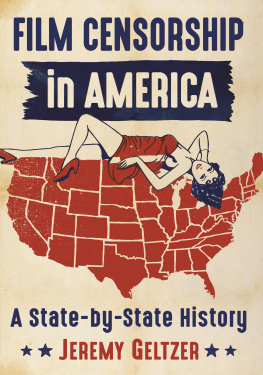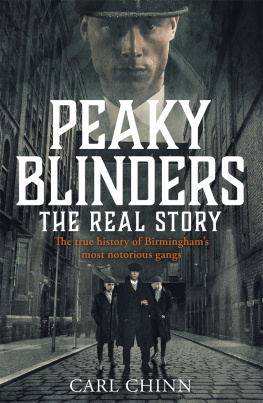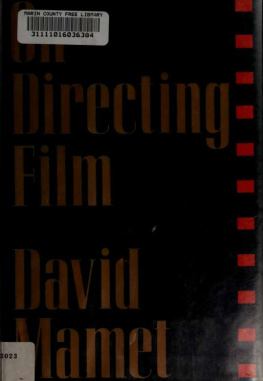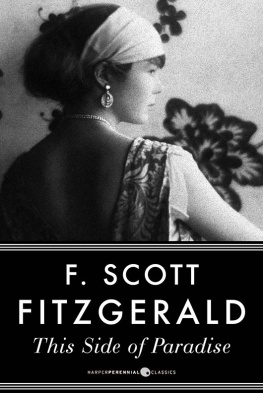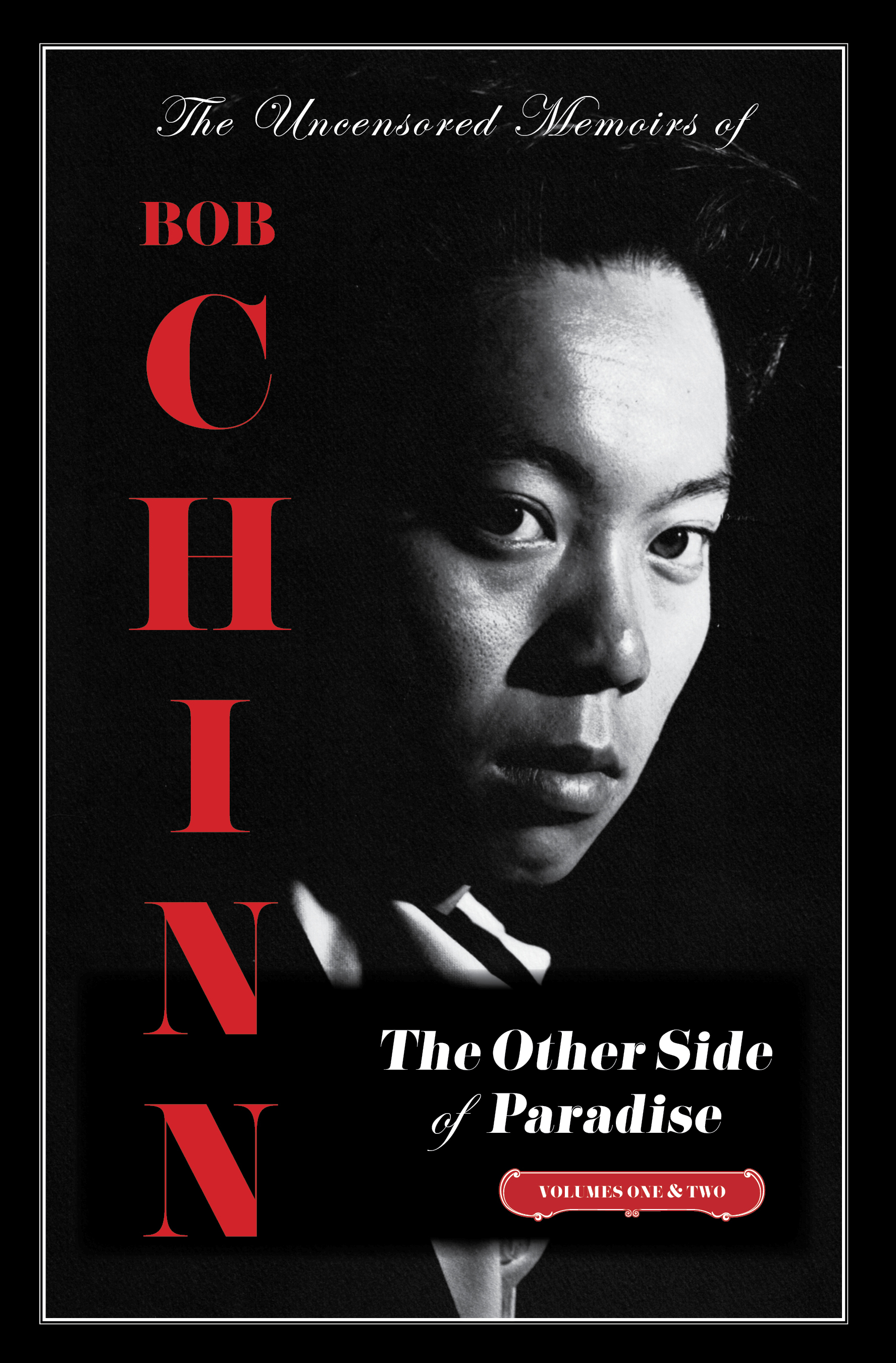This is a Genuine Barnacle Book
A Barnacle Book | Rare Bird Books
453 South Spring Street, Suite 302
Los Angeles, CA 90013
rarebirdbooks.com
Copyright 2017 by Bob Chinn
All rights reserved, including the right to reproduce this book or portions thereof in any form whatsoever, including but not limited to print, audio, and electronic. For more information, address: A Barnacle Book | Rare Bird Books Subsidiary Rights Department, 453 South Spring Street, Suite 302,
Los Angeles, CA 90013.
Set in Minion Pro
epub isbn : 978-1-945572-77-7
The names of some of the people mentioned in this book may, in certain specific instances, remain as pseudonyms or stage names at the request of the respective individual.
Publishers Cataloging-in-Publication data
Names: Chinn, Bob, author.
Title: The Other side of paradise : the uncensored memoirs of Bob Chinn / Bob Chinn.
Description: First Trade Paperback Original Edition | A Barnacle Book | New York, NY; Los Angeles, CA: Rare Bird Books, 2017.
Identifiers: ISBN 9781942600220
Subjects: LCSH Chinn, Bob. |Motion picture producers and directorsBiography. | Pornographic film industryUnited StatesBiography. | Chinese-AmericansBiography. | BISAC BIOGRAPHY & AUTOBIOGRAPHY / Entertainment & Performing Arts
Classification: LCC PN1998.3.C6452 .C45 2017 | DDC 791.4302/33/092--dc23
For Kerima and Preston
and to the memory of Amy
So that you will know
Contents
Chapter One
The Chinn Family
Strangers in a Strange Land
M y father was off fighting the war in a faraway place when I was born forty-five minutes after midnight on May 10, 1943, in the backseat of a taxicab en route to Hollywood Presbyterian Hospital.
Apparently, I must have been very anxious to come out and see the world. Although I have no actual recollection of the event, the incident caused quite a stir at the time since Grandmother Chinn, who had accompanied my mother, was the somewhat panicked person somewhat reluctantly forced to attend to my somewhat untimely arrival. But both she and my mother managed to weather the ordeal. My mother had decided to name me after my father, so I became Robert Clarence Chinn, Jr. My Chinese name, which was chosen by Rev. Philip Lee of the Chinese First Presbyterian Church, was Kai-yin, meaning develops talent and virtue.
My father was a handsome man and an athletic one. He excelled in school sports and won many awards. From his mother he inherited the Caucasian aspect of his appearance, and from his father, the Chinese. It was a formidable combination. Im certain that in the course of his regrettably short life he was able to break more than his share of hearts.
The Chinese surname Chinn has suffered a variety of Romanized spellings attributed to the choice of the immigration officer filling out a name form. When my great grandfather first came to this country, he was listed as Ah Chin. When he subsequently returned once again to America with his young son, their surname was spelled out as Chan. Later my father legally changed the name back to what he considered to be the proper spelling: Chinn.
In 1866, Ah Chin, the man who would eventually become Chan Yous father, left his ancestral village of Look Toon in China to seek his fortune in a land far away known as Gold Mountainthe United States of America. Gold had been discovered in California in 1849, and when news of this had finally reached China countless Chinese flocked there, lured by the promise of untold riches.
He had joined the See Yup contingent from Chinas southeastern coast and boarded a ship of the Pacific Mail Line bound for California. He would arrive in America and go to work as a laborer for the Central Pacific Railroad, which was in the process of building the western segment of a railroad line that would span the continent of the United States from the Pacific to the Atlanticthe first Transcontinental Railroad.
Construction on the western portion of the railroad had begun from Sacramento in 1863, but when the workers reached Donner Pass and the mountains beyond, they ran into a major problem. The mountains steadfastly refused to be conquered. Undaunted by this setback, the railroad engineers brought in Cornish miners to blast a path through the mountains.
But the job proved to be much more difficult. When the Cornish miners were unable to make any headway through the solid granite outcroppings of Californias Sierra Nevada Mountains, the Chinese railway workers were brought in to get the job done.
The Chinese workers had their own methods. Carving out roads precariously clinging to the sides of cliffs was an engineering feat that had been commonplace in China for thousands of years, so the US Chinese laborers tackled this challenge in much the same way.
The Chinese laborers lowered themselves from the tops of cliffs by ropes in baskets they had fashioned for themselves, and, while suspended two thousand feet above the base of the American River Gorge, they chipped away at the granite cliff face and planted explosives to blast tunnels and carve a passage through the mountains. Of course it was no easy feat to do this. The slightest miscalculation could prove fatal.
The white men watched in awe as the little Asian men from Kwangtung hung from the cliffs at dizzying heights, their little baskets swaying in the wind as they chipped away at the shale and granite to set their dynamite charges. Then they held their breath as the little men scrambled back up the ropes to make it back to the top of the mountain before the charges detonated.
It was dangerous, difficult, backbreaking work, but Ah Chin was young, strong, and relatively fearlessmore importantly, he was determined to make enough money to return to China a rich man. That was his goal, and he worked hard, collected his pay, and saved as much as he couldwhich was most of it because, as he saw it, there really wasnt very much to spend it on out there in the middle of nowhere.
The Caucasians were amazed at what they considered to be the strange and bizarre habits of the Chinese. After returning from a hard days work the Chinese laborers would always take a hot bath in bathtubs made from empty whiskey kegs and change into clean clothes before having their evening meal. The white men, who rarely ever bathed, found this habit as repulsive as the unusual food that these strange heathens ate.
Instead of the beef, potatoes, beans, and bread that made up their own fare, the Chinese meal consisted of a soup made from dried seaweed, salted cabbage, and pork or poultry cooked with several different kinds of vegetables, as well as strange dishes made from things they had sent from San Francisco such as dried oysters, abalone, cuttlefish, and dried mushrooms. They ate all this strange stuff with bowls of steamed white rice.
They would not drink cold water but instead seemed to consume endless cups of tea. The fact that the boiled water they used to make the tea also prevented illness and stomach ailments was totally lost on the white men.
The Chinese, on the other hand, couldnt figure out what the Caucasians had against proper hygiene and illness prevention. To the Chinese the white mans food was boring, bland, and tasteless.
One day, one of the white workers who had been to San Francisco and had eaten at a Chinese restaurant there sat down to eat with the Chinese. It wasnt long before a few of the others became somewhat curious and followed suit. Eventually, many of the Caucasians bold enough to taste the Chinamans exotic food immediately became enthusiastic converts.


